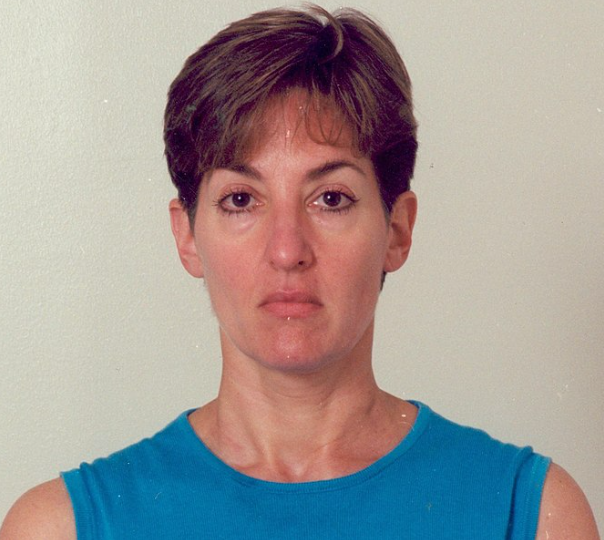For nearly two decades, Ana Montes, dubbed the “Queen of Cuba,” lived a life of deception. While outwardly serving as a senior analyst at the Defense Intelligence Agency (DIA), she was covertly one of Cuba’s most valuable spies, passing on top-secret American intelligence to the Cuban government in Havana. Her actions have placed her among the most damaging spies in U.S. history, yet her story is part of a broader narrative of Cuban espionage in America.
A Legacy of Espionage
Montes was already a spy for Cuba when she began working at the DIA. Her role allowed her to access and relay crucial information, including the identities of undercover agents and details of a top-secret American satellite program. The extent of the damage caused by her espionage is profound, but she is not an isolated case. Cuban espionage in the U.S. has a long and notorious history, largely relying on human intelligence rather than advanced technology.
Brian Latell, a former top Cuba analyst at the CIA, underscores the proficiency of Cuban intelligence. “Their officers and agents are exceptionally skilled. They know their tradecraft well, practicing it with great discipline and care. When they recruit, they do so meticulously, ensuring secure communication,” Latell explains.
The Recruitment of Ana Montes
Ana Montes was recruited in the 1980s while she was a student at the Johns Hopkins School of Advanced International Studies. Her outspoken criticism of U.S. policies in Latin America made her an ideal candidate for Cuban intelligence, which she first encountered through a Cuban officer. Her family background, with her father being a U.S. Army doctor and her siblings working for the FBI, did not deter her ideological commitment to aiding Cuba.
Peter Lapp, a retired FBI special agent involved in the Montes investigation, notes that Cuban spies are often motivated by ideology rather than money. Montes herself stated, “I feel that what I did was morally right. That I was faithful to principles that were right,” according to a declassified transcript of her FBI interrogation.
Victor Manuel Rocha: Another High-Profile Spy
Victor Manuel Rocha, a former U.S. Ambassador, also fell under Cuban influence during his college years in the late 1970s, influenced by radical politics during his travels in Chile. For 40 years, Rocha served as a covert agent for Cuba while holding significant positions within the U.S. government, including roles on the National Security Council and as the No. 2 diplomat at the U.S. embassy in Buenos Aires.
Rocha’s espionage activities, like those of Montes, exemplify Cuba’s ability to extract and trade American secrets with other adversarial nations such as Russia, China, North Korea, and Iran. Jose Cohen, a defected Cuban intelligence officer, provided the FBI with critical information leading to the investigation of over 100 suspected Cuban agents, ultimately aiding in the capture of Montes.
The Depth of Cuban Betrayal
Montes’s method involved memorizing classified information at work, which she would later document at home. She met her Cuban handler every few weeks to pass on the intelligence. Her espionage activities were extensive, including revealing the existence of a U.S. satellite program and the identities of 450 American intelligence officials, including four undercover agents in Cuba.
Lapp recalls a chilling moment during her interrogation post-9/11, when Montes stated she would have willingly provided Cuba with intelligence on U.S. operations in Afghanistan, even if it resulted in American casualties. Her unwavering ideological commitment highlighted the severity of her betrayal.
The Arrests and Consequences
Following talks with an undercover FBI agent posing as a Cuban intelligence officer, Rocha was captured. Secret recordings of these conversations exposed Rocha’s sense of pleasure in having eluded authorities for decades and his perception of the United States as “the enemy.” The arrest of Rocha, according to Attorney General Merrick Garland, exposed “one of the highest reaching and longest lasting infiltrations of the U.S. government by a foreign agent.” The 73-year-old Rocha entered a guilty plea and is assisting the investigation.
Montes was under FBI surveillance for a year before her arrest in 2001. She pleaded guilty to espionage and, in exchange for a reduced sentence, cooperated with the FBI. Despite serving 20 years in federal prison, she has not expressed remorse and remains celebrated by some in Puerto Rico as a hero.
The Ongoing Threat
Lapp is certain that Cuban espionage in the United States continues, even in light of the captures of Montes and Rocha. He says, “There’s no doubt that people who are loyal to the Russians, Cubans, and others are still infiltrating our government.”
The cases of Montes and Rocha illustrate the ongoing challenge of safeguarding national security against skilled and ideologically driven spies. Their stories serve as a stark reminder of the vulnerabilities within the U.S. intelligence community and the relentless efforts of foreign adversaries to exploit them.


